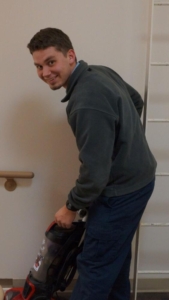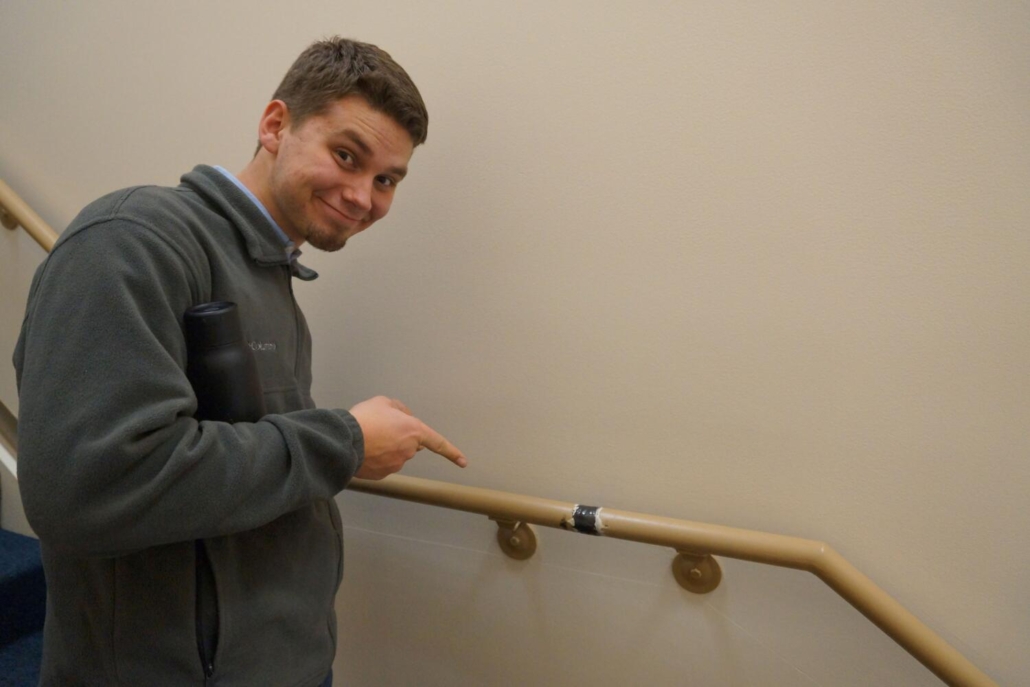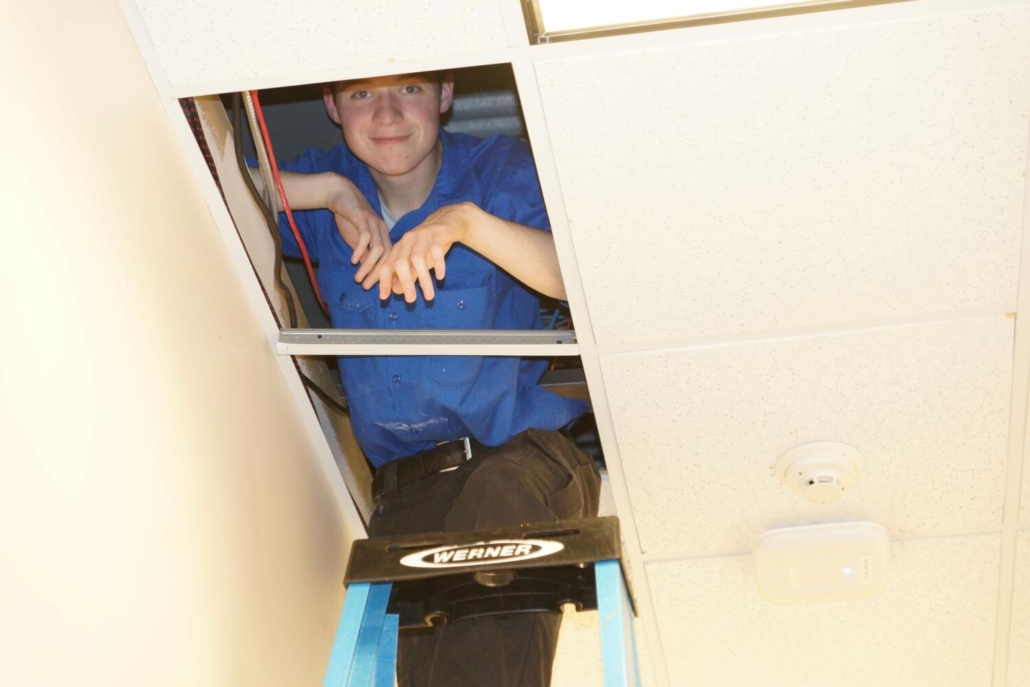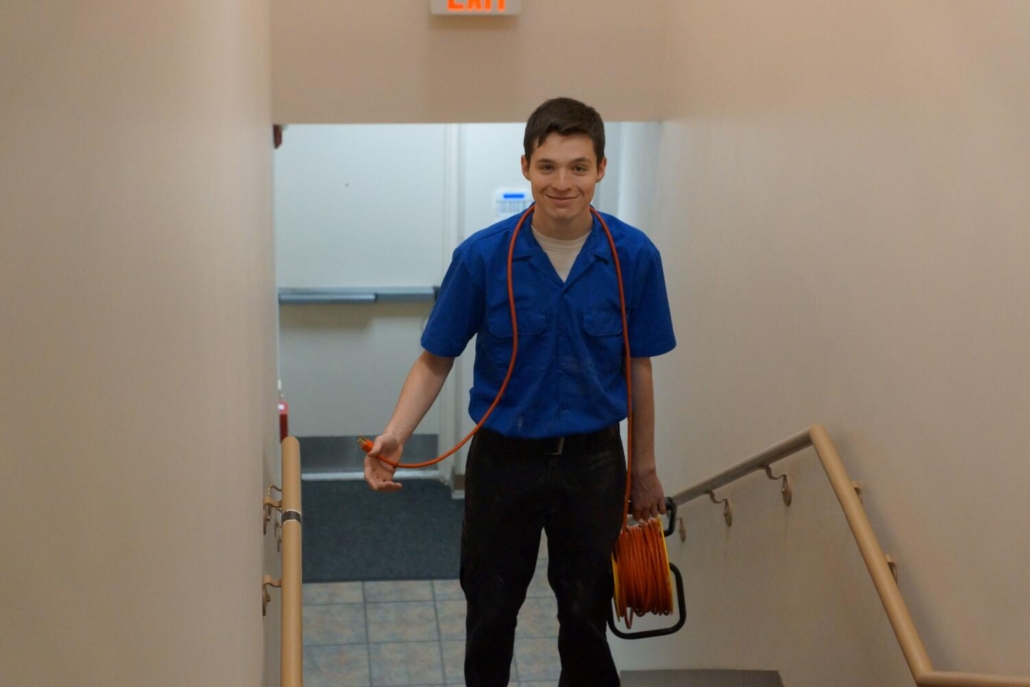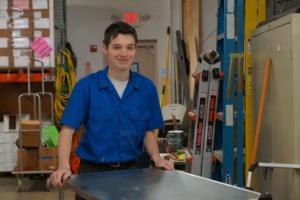Take a Risk and Do Something
Author: Nathan Kroon | Student Leader, Living Education – Charlotte, 2022-23
Estimated Reading Time: 3 min.
Mr. Tyler Wayne began this forum by telling the Living Education students about his experiences in self-starting businesses.
In his life, he had previously made four, including a contracting company and a coffee food truck. He explained what he felt was the most important thing he got out of the lifespans of these businesses: experience. This helped him to better grow his ability to handle risk management. Mr. Wayne instructed the students on how to better be able to handle the risks that they will have to take in their own lives.
Common Entrepreneurial Risks
Mr. Wayne explained many of the types of risks that can occur in the world of self-starting businesses. The first is “operational error,” which has to do with accidents on the job or equipment malfunction. Secondly, “incorrectly bidding,” meaning that you miscalculate the cost or scope of an asset or project. Finally, “customer satisfaction,” meaning that your work may not meet the customer’s expectations, and they may withhold their payment (which may prompt you to bring lawyers into the matter, thereby creating bigger problems). One personal example of operational error for Mr. Wayne occurred when his wife used a new truck they had bought to tow their coffee shop around, which ended up getting caught in the underside of a bridge, because it was just a little taller than their previous vehicle! In a way, they had also incorrectly bid the height of the bridge, as well. From this, they were still able to gain valuable experience, even when it may have cost them.
Risky Business
Mr. Wayne gave several steps as to how to better deal with risky business. First is to assess and mitigate, which requires researching what you are doing, planning it all out, starting small in order to gain experience in your work, understanding what you are getting into, not biting off more than what you can chew, learning to deal with setbacks, and, finally, getting after it. He mentioned to also keep in mind the 99% Rule, meaning that out of every hundred times you run the scenario, you will fail one time. When you do end up failing, being able to mitigate the damage is essential for keeping good business. If it ends up going poorly, you will still gain experience from it, and learn how to better deal with it the next time.
Mr. Wayne concluded his forum by stating bluntly, “Everything you do in life is a risk!” Your career, education, and relationships are all risks. Every choice you make has an opportunity cost, so it’s better for you to take risks, make mistakes, and grow in experience. Do something!

Nathan Kroon is a Student Leader at Living Education. He originally hails from Washington State and is a 4th generation Christian. Currently, he works at Headquarters as a Video Editor and is the Lead Landscaper at the LivingEd dorms. His hobbies include playing guitar, listening to music, drawing, and watching movies.

